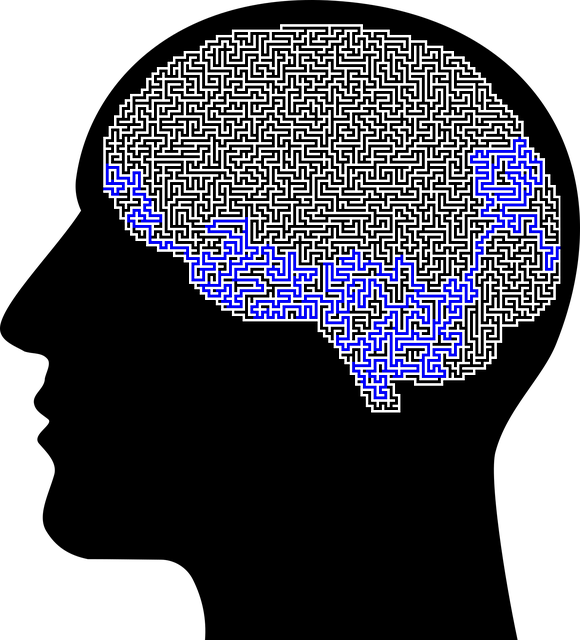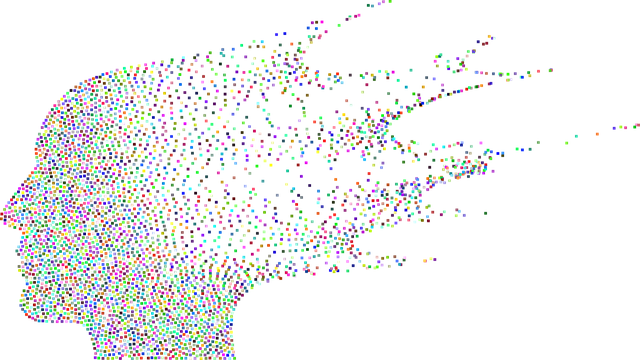Littleton Conduct Disorder (LCD) treatment focuses on mood regulation through cognitive-behavioral techniques, mindfulness practices, and behavioral interventions. Key strategies include teaching self-soothing techniques like mindfulness and exercise, community support networks, CBT for thought pattern changes, and positive reinforcement to improve emotional intelligence and coping skills, ultimately enhancing mental wellness and social interactions.
Mood regulation is a cornerstone of effective Littleton Conduct Disorder Therapy. This article explores various strategies to help individuals gain control over their emotions, with a specific focus on cognitive-behavioral techniques, mindfulness practices, and behavioral interventions. By understanding the significance of emotional balance in conduct disorder treatment, we can empower individuals to navigate challenges more adaptively and foster resilience. Discover practical tools for enhancing mood regulation skills in this comprehensive guide.
- Understanding Mood Regulation and its Significance in Littleton Conduct Disorder Therapy
- Cognitive-Behavioral Techniques for Emotive Balance
- Mindfulness and Relaxation Practices: Calming the Storm
- Behavioral Interventions to Foster Adaptability and Resilience
Understanding Mood Regulation and its Significance in Littleton Conduct Disorder Therapy

Understanding Mood Regulation is a cornerstone in treating Littleton Conduct Disorder (LCD). LCD is characterized by repetitive and persistent patterns of inappropriate behavior that violate rights of others or societal norms, often accompanied by severe mood swings. Effective therapy for LCD involves strategies to regulate these emotions, aiming to help individuals manage their impulses and respond adaptively.
Mood regulation plays a pivotal role in Littleton Conduct Disorder therapy by addressing the root causes of disruptive behavior. By implementing Self-Care Practices, such as mindfulness techniques, exercise, and healthy sleep habits, individuals can learn to soothe themselves and reduce emotional volatility. Community Outreach Program Implementation can also foster social connections and provide support networks, crucial for managing LCD symptoms. Additionally, Stress Reduction Methods, like cognitive-behavioral therapy (CBT), help individuals identify and change negative thought patterns, further enhancing their ability to regulate mood and interact constructively with others.
Cognitive-Behavioral Techniques for Emotive Balance

Cognitive-Behavioral Techniques for Emotive Balance play a pivotal role in Littleton Conduct Disorder Therapy, offering powerful tools to navigate and manage intense emotions. This approach focuses on identifying and challenging negative thought patterns that can trigger or exacerbate emotional disturbances. By teaching individuals to recognize cognitive distortions, they gain a sense of agency over their emotional responses. For instance, techniques such as cognitive restructuring help reframe unhelpful thoughts, fostering a more balanced perspective.
Incorporating Self-Care Practices alongside these cognitive strategies is essential for maintaining Emotional Regulation. Simple yet effective methods like mindfulness exercises, deep breathing techniques, and regular physical activity can significantly enhance Mood Management. These practices promote self-awareness, helping individuals to quickly recognize emotional triggers and respond in healthy, adaptive ways, thereby achieving a deeper sense of inner peace and stability.
Mindfulness and Relaxation Practices: Calming the Storm

In the realm of Littleton Conduct Disorder Therapy, mindfulness and relaxation practices play a pivotal role in calming the storm of intense emotions that often accompanies conduct disorders. These techniques empower individuals to develop coping skills, enabling them to navigate turbulent moods with greater ease. By fostering emotional intelligence, mindfulness helps individuals recognize and accept their feelings without judgment, serving as a powerful tool for self-regulation.
One effective relaxation practice is mental wellness journaling, which serves as a safe space for individuals to record their thoughts and emotions. This exercise guidance allows them to reflect on triggers, identify patterns, and develop strategies to manage challenging situations. Through regular engagement in mindfulness and emotional intelligence exercises, individuals gain valuable insights into their internal world, leading to improved decision-making and overall mental wellness.
Behavioral Interventions to Foster Adaptability and Resilience

Behavioral interventions play a pivotal role in fostering adaptability and resilience, especially for individuals dealing with challenges like Littleton Conduct Disorder. These strategies focus on teaching individuals effective coping mechanisms to manage their emotions and behaviors. By employing techniques such as positive reinforcement, parents and therapists can encourage desirable actions while reinforcing good habits. This approach not only helps in the management of conduct disorder symptoms but also boosts confidence and enhances mental wellness.
Additionally, empathy-building strategies are integral to this process, fostering deeper connections and understanding. Through these interventions, individuals learn to recognize and validate their feelings, as well as those of others, leading to improved social interactions. Ultimately, these behavioral techniques aim to equip individuals with the tools needed to navigate life’s challenges more adaptively, promoting overall mental wellness.
In conclusion, integrating mood regulation strategies into Littleton Conduct Disorder therapy is a multifaceted approach that empowers individuals to manage their emotions effectively. From cognitive-behavioral techniques to mindfulness practices and behavioral interventions, these tools foster adaptability and resilience, leading to improved emotional balance and overall well-being. By incorporating these strategies, therapists can enhance the effectiveness of treatment for conduct disorder, enabling clients to navigate life’s challenges with greater ease and positivity.














